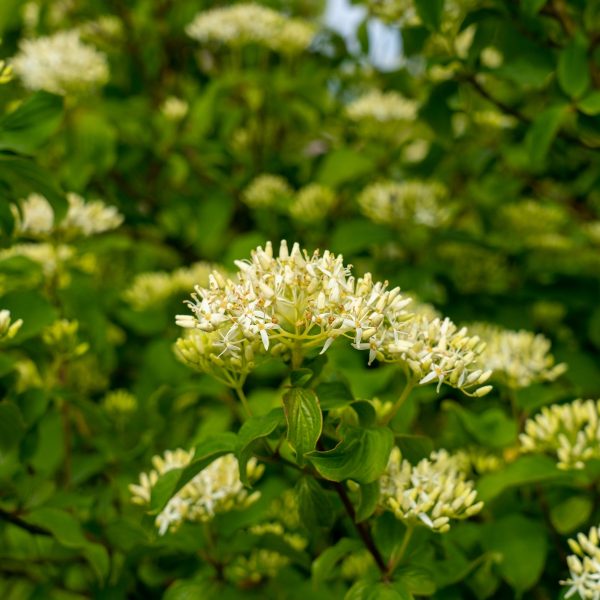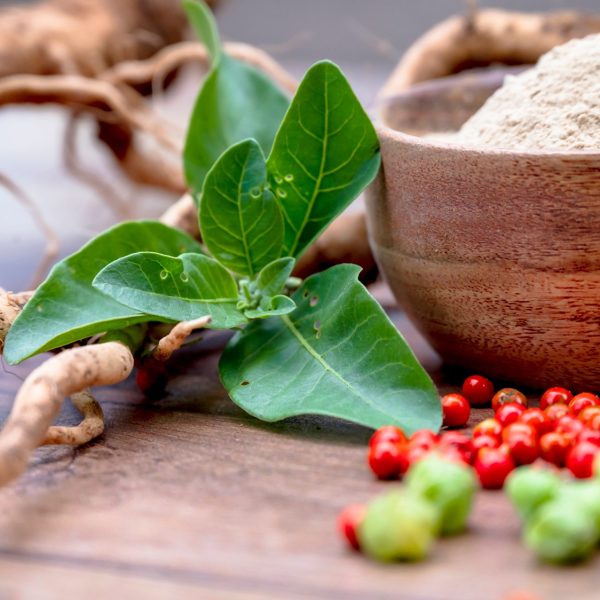Clinical trial data demonstrates that nightly consumption of fermented cordyceps significantly improved sleep quality and efficiency and reduced insomnia symptoms in adult participants.
In this article, we summarise the paper, Effectiveness of fermentation broth of Cordyceps sinensis for primary insomnia: A randomized clinical trial with digital health tool (1).
Botanical name and species
Cordyceps (Cordyceps sinensis)
Aims of study
To evaluate the effectiveness of a fermented cordyceps broth in patients with diagnosed primary insomnia, with the utilisation of an app to facilitate the running of the study. The trial was registered with the Chinese Clinical Trial Registry.
Study method

The study was a randomised, double-blind, placebo-controlled trial.
The study utilised an app to record:
- The Pittsburgh Sleep Quality Index (PSQI) — a scale that includes:
- Sleep quality
- Sleep onset latency
- Sleep duration
- Sleep efficiency
- Sleep disturbances
- Daytime function
- Experiences of drinking the beverage and any adverse reactions
- A Self-Rating Anxiety Scale (SAS)
Herbal preparation
A fermented cordyceps beverage was compared to a placebo, which was similar in appearance, taste and packaging.
Participants received 150 ml bottles and consumed one per day (at any time of day) for six days with a one day break. The trial duration was 28 days. The fermentation process is designed to enhance cordycepin levels and the dosage was within safety parameters defined by preclinical research (2).
Sample size
Ninety patients were recruited to two groups and received cordyceps or placebo, and two people were lost to follow up. They were 20–75 years of age and included males and females. Inclusion criteria was diagnosis of primary insomnia according to Chinese Classification — with insomnia being the sole symptom and occurring at least three times per week for one month. The PSQI score was >5 for participants and SAS anxiety score <50. Participants were required to not consume probiotics, antibiotics or caffeine for the 28 days of the study, and also abstain from taking sleeping pills from one month before the start.
Results of study

Overall 88 participants completed the study and included n=59 females and n=29 males. The baseline demographic data was similar between the cordyceps and placebo groups.
The presented data compares t=0 with t=14 and t=28 days. Both groups displayed improvements in many sleep symptoms over time (time factor) and many of the effects were significant for the cordyceps group compared to the placebo (group factor). Figure 5 displays the changes seen over time.
Sleep scores at day 14 and day 28
Apart from sleep onset latency, participants receiving cordyceps had significantly greater reductions versus placebo for all other 6 PSQI scores — the total PSQI score, sleep quality, sleep duration, sleep efficiency, sleep disturbances and daytime function. All these improvements were still significant at day 28 and at this time point sleep onset latency had also significantly reduced (i.e. the time it takes to fall asleep).
Gender differences
The data was stratified by gender. Female participants receiving cordyceps compared to placebo experienced significant reductions in their total PSQI score, sleep quality, sleep duration, sleep onset latency and sleep efficiency, but not improvements in sleep disturbances and daytime function. Among male participants, significant improvements were seen in the total PSQI score, sleep quality and sleep duration; however, no significant group effect was observed for the other measures, including sleep onset latency and sleep efficiency.
Age differences
The data was stratified by age into younger participants (age 20–40 years), middle-aged (41–65 years) and older years (66 and over). There were the most participants in the younger group and numbers in the other two groups were low.
For the younger participants there were significant improvements in five of the scores for cordyceps versus placebo with the exception of sleep disturbances and daytime function (Figure 7 in the publication).
For the middle-aged adults, there were no significant differences between the cordyceps and placebo groups. For the older group, there were improvements in the total PSQI score, sleep efficiency and sleep duration.
Safety
In terms of safety, three minor adverse events were reported in the cordyceps group, relating to increased bowel movements (unconfirmed whether related to treatment).
Discussion

Cordyceps sinensis is widely used due to its nutritional and medicinal properties. It contains many bioactive components including cordycepin and adenosine. Fermentation techniques are employed to increase levels of bioactive components, and cordycepin is one that is well-researched due to its therapeutic effects.
The study compared the daily ingestion of a fermented cordyceps drink compared to placebo for 28 days. The cordyceps drink resulted in significant improvements in sleep status, which was consistent from day 14 to day 28, compared to the placebo. The authors also suggest that female participants experience more sleep improvements compared to males. Whether this is due to different stages in the oestrus cycle over the course of the study, or perhaps some of the participants were peri- or post- menopausal, is not known. By analysing age, younger participants experienced more consistent improvements to sleep, although the numbers of participants within the older age groups was low and the results were under-powered.
Other studies using electroencephalogram (EEGs) have found that the active compound cordycepin binds to adenosine receptors in the brain and reduces sleep-wake cycles and increases non rapid eye movement sleep — NREM — which is the phase of sleep most attributed to body repair and rest (2). In the present human study, the authors were unsuccessful in using smartwatches to gain further insight into the participant’s sleep-wake cycles. This would have provided useful information to combine with the App which recorded sleep subjectively through the Pittsburg tool.
The authors did not report the bioactive levels within their product. Cordyceps is a valuable nutritional and medicinal plant and is subject to overharvesting, so, in addition to sourcing from cultivated supplies, using fermentation processes to enhance the yield of valuable compounds is beneficial to minimise the harvest required.
Conclusion
A fermented cordyceps beverage significantly improved sleep outcomes in patients with primary insomnia. Future research could continue to explore benefits within specific groups or at different ages. Combining cordyceps with herbs also known to be sedative would also be an interesting approach.
References
- Zhao, S., Wang, Z., Fan, X., Shu, X., Chen, Q., Zhou, Y., … & Wen, C. (2025). Effectiveness of fermentation broth of Cordyceps sinensis for primary insomnia: a randomized clinical trial with digital health tool. Frontiers in Neurology, 16, 1555010. https://doi.org/10.3389/fneur.2025.1555010
- Hu Z, Lee CI, Shah VK, Oh EH, Han JY, Bae JR, Lee K, Chong MS, Hong JT, Oh KW. Cordycepin Increases Nonrapid Eye Movement Sleep via Adenosine Receptors in Rats. Evid Based Complement Alternat Med. 2013;2013:840134. https://doi.org/10.1155/2013/840134





























